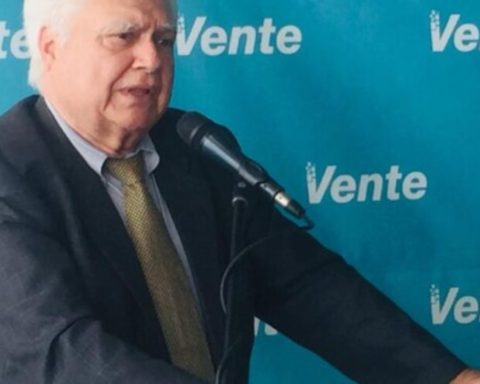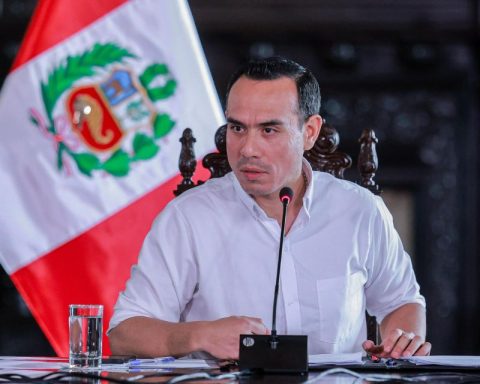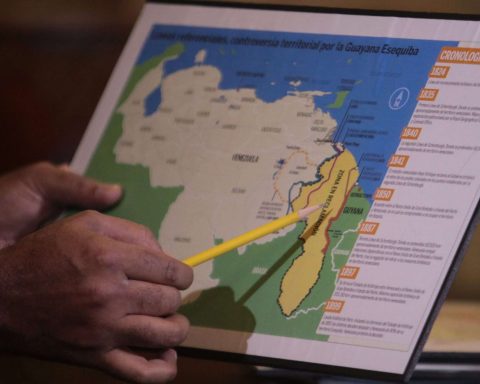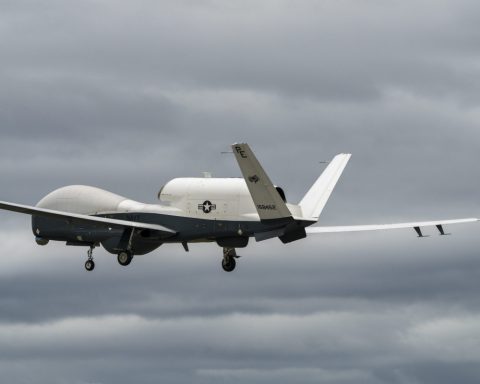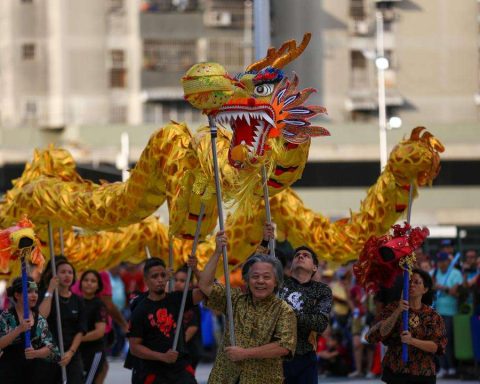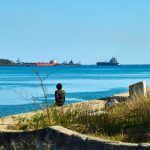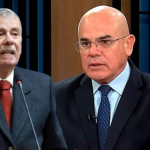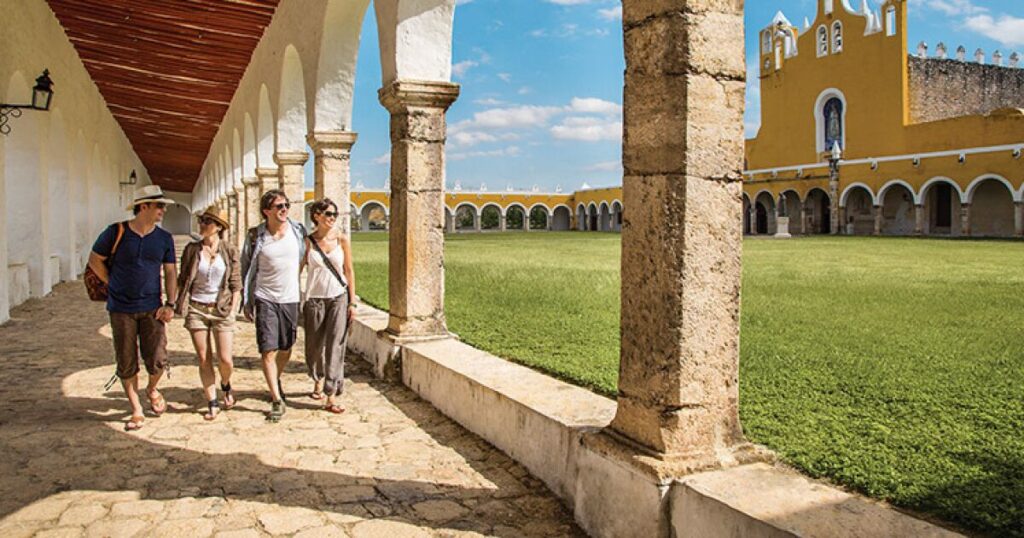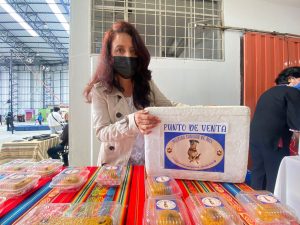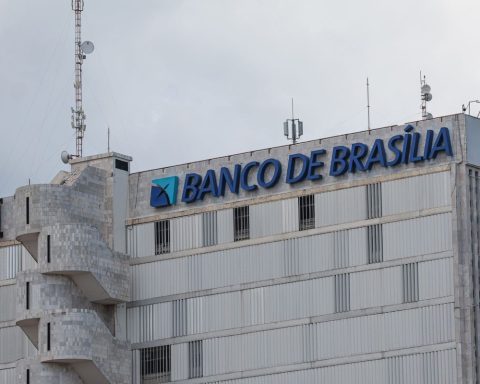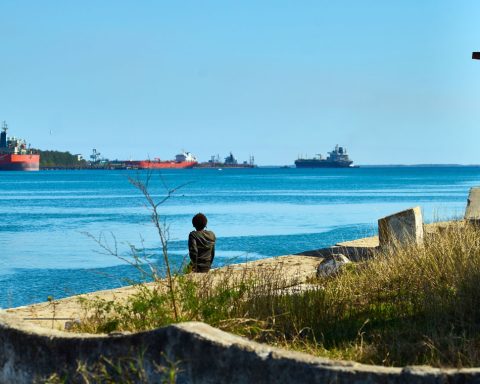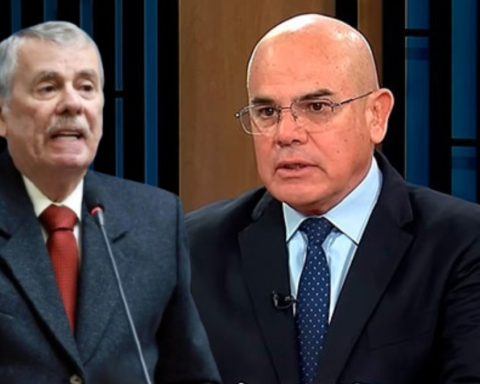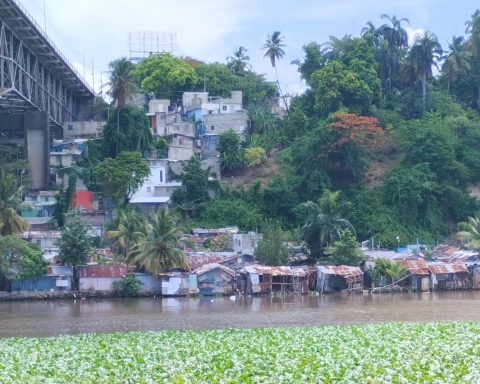What are the Biden administration and Nicolás Maduro looking for after their first face-to-face meeting? The invasion of Ukraine by the Kremlin, the consequent ban by the United States on importing oil from Russia and the need to replace the sanctioned crude, would have led the Biden administration to make a move on the stuck Venezuelan board. A decision that took shape on March 5 with a meeting in Caracas between representatives of the US government and President Nicolás Maduro.
“As far as Venezuela is concerned, the purpose of the trip that administration officials took was to discuss a variety of issues, including, without a doubt, energy security,” confirmed White House Press Secretary Jen Psaki, a few days after the unexpected encounter.
Among the pieces to be exchanged; the possible relaxation of sanctions on Venezuelan crude oil due to the release of prisoners, to which Maduro has already responded with the release of Americans Gustavo Cárdenas and Jorge Alberto Fernández.
“As I told the (American) delegation, I reiterate our full will so that, from diplomacy, from respect and from the hope of a better world, we advance in an agenda that allows well-being and peace,” said the president. of Venezuela, Nicolás Maduro, on national television days after the meeting.
However, the rapprochement between the parties would have run into significant bipartisan opposition in the United States Senate.
“I don’t understand how you go and do business with someone who is a threat to the national security of the United States,” protested Senate Foreign Relations Committee Chairman Bob Menendez, a Democrat from New Jersey, after learning of the meeting.
Senator Marco Rubio, a Republican from Florida, also expressed his disagreement with the initiative taken by the Biden administration. “The message they are sending to the world is that there is no opposition here anymore, and that even the United States itself recognizes that Maduro is the boss,” Rubio said.
Meanwhile, the rapprochement between the White House and Maduro would leave, at least for now, other issues up in the air; among them, the resumption of talks in Mexico between the Government of Venezuela and the opposition, stalled since last fall. For the moment, both Maduro and Guaidó, although with conditions, expressed their willingness to resume the path of dialogue.
For his part, the Prime Minister of Norway, Jonas Gahr Støre, assured in an interview with the voice of america that your country is ready to serve as mediator.
“You are correct in saying that these talks, for various reasons, stopped or slowed down. That happens. And so they can be an opportunity to gradually begin to engage again. And my message is that we are ready to support that role of facilitator”, she told the journalist Carolina Valladares after asking her about a possible resumption of the talks.
According to Gahr Støre, “The precise goal of being a facilitator is that you don’t actually put in the desired solution. You try to be there, to help the parties find that. I think that is the case of the people of Venezuela, who have suffered enormously from internal conflicts, political turmoil. I will not go into details. It is a great town with great potential in the region that has had a lot of instability, but also enormous potential. So I think the issue here is to try to find enough common ground to move forward so that the conflicts and problems can be resolved by the Venezuelans themselves. And I think there is an international community ready to support that. But again, it’s up to the parties to find a way and it’s up to friends and partners to try to facilitate and help.”
Connect with the Voice of America! Subscribe to our channel Youtube and turn on notifications, or follow us on social media: Facebook, Twitter and Instagram.
![Norwegian Prime Minister to VOA: “We are ready to support that role of facilitator [en México]”. Norwegian Prime Minister to VOA: “We are ready to support that role of facilitator [en México]”.](https://latin-american.news/wp-content/uploads/2022/03/Norwegian-Prime-Minister-to-VOA-We-are-ready-to-support.jpg)

